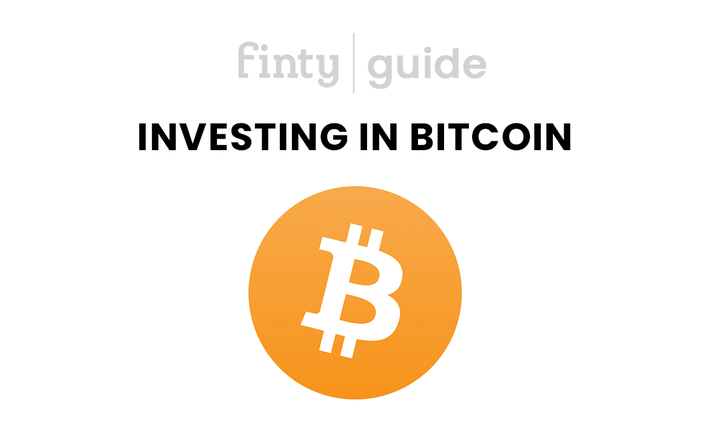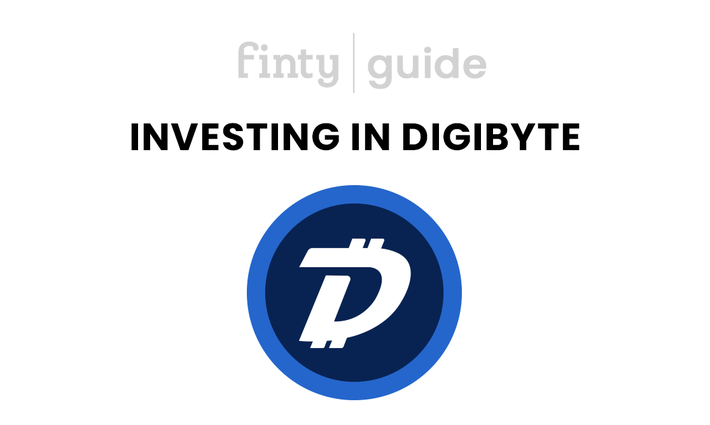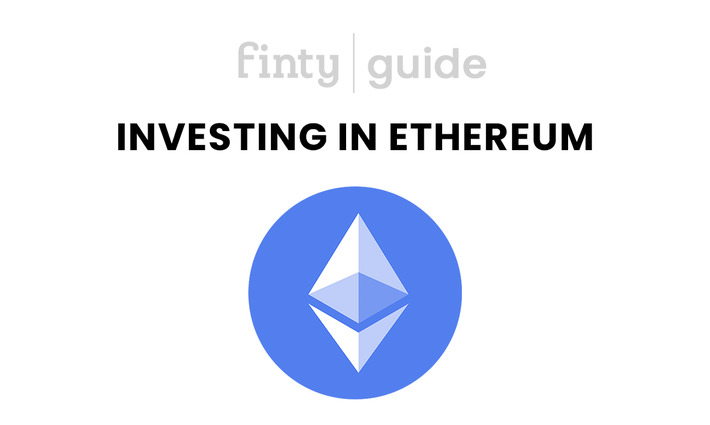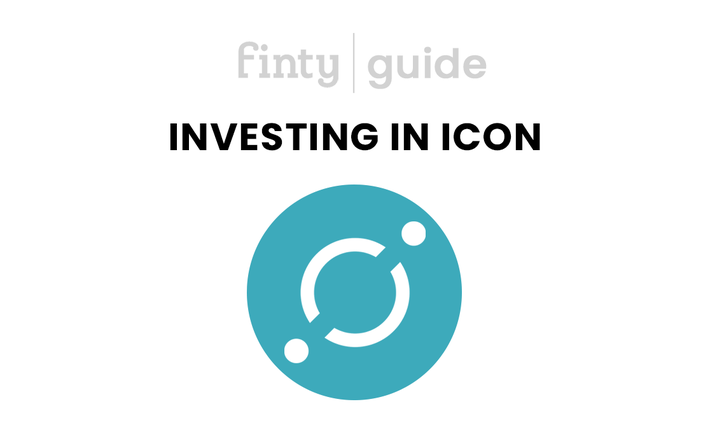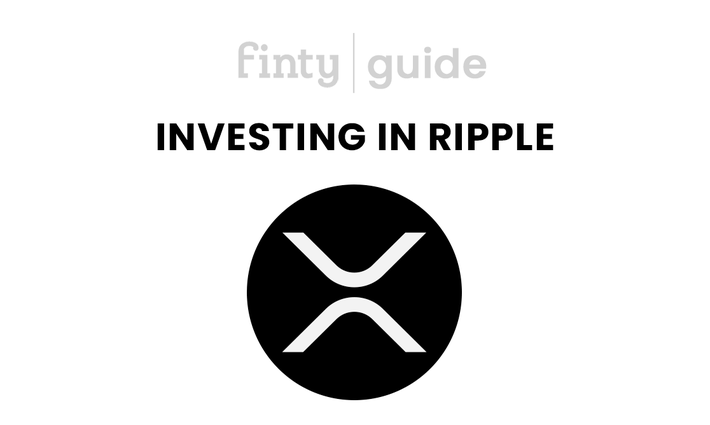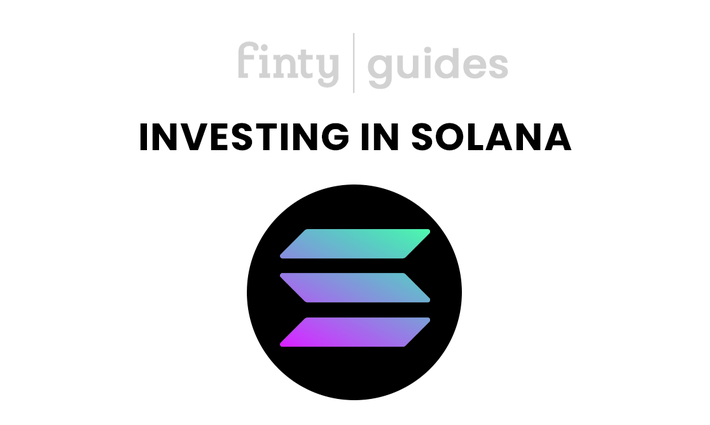What is a US crypto exchange?
A US crypto exchange is the platform where traders and investors can buy, sell, and trade a variety of cryptocurrencies. An exchange facilitates trading between buyers and sellers for a fee, which is their primary source of revenue.
Crypto exchanges in the US are obliged to comply with regulations established by the Securities and Exchange Commission (SEC) and other relevant federal and state agencies.
Characteristics of the best crypto exchanges in the US
- Compliance with regulations. We only list exchanges that are licensed or regulated in the US.
- Low fees. Not only should a good crypto exchange have competitive fees, but any fees should be transparent and easy to understand for traders of all levels.
- Choice. Not everyone wants to buy and sell Bitcoin alone. The best crypto exchanges list the top coins but also stablecoins such as USDT and USDC, along with upcoming altcoins like Dogecoin, XRP, Cardano, Solana, and Polygon, among others.
- Security built in. We are looking for robust security measures including cold storage and 2FA as standard. Some exchanges have depositors' insurance, which protects your assets in the event the exchange faces issues with liquidity or gets breached. Ideally, an exchange should have the option to store your crypto tokens on your own hardware wallet instead of the exchange's "hot" wallet.
- Proof of Reserves (PoR). A means of verifying that an exchange holds enough assets to cover their users' deposits.
- Customer support. Prompt and effective resolution of user queries and issues is a given.
- Convenient deposit and withdrawal options. Availability of multiple methods for USD deposits and withdrawals, ideally with low fees for both.
- Excellent user experience. Suffice to say that some crypto exchanges are not designed well. We list those with an intuitive interface that caters to both novice and experienced traders.
- Social or copy trading. Popular with beginners, this is a way to trade crypto automatically by following the trades of someone else.
- Available as a native app. Crypto exchanges are generally available as an app for iOS and Android, though some are implemented better than others.
- Transaction speed. Crypto moves fast. Exchanges should process orders, deposits, withdrawals, and trades efficiently to avoid slippage.
- Tax friendly. If the exchange doesn't provide tax reports for the IRS (Internal Revenue Service), it should integrate with a dedicated crypto tax service or generate statements for easy import.
Types of crypto exchanges in the US
- Centralised exchanges (CEXs). Known for their liquidity and extensive cryptocurrency listings. Coinbase and Kraken are examples. Typically more beginner-friendly.
- Decentralised exchanges (DEXs). These non-custodial platforms facilitate direct, peer-to-peer transactions over the blockchain. Uniswap and PancakeSwap are major players. Generally less beginner-friendly.
- Hybrid exchanges. These offer the best of both centralized and decentralized platforms, ensuring security and a broad range of services. KuCoin and Crypto.com are examples.
FAQ
Is the US a crypto-friendly country?
The US has a complex stance on crypto. While it allows crypto trading, regulations can be stringent, vary by state, and are generally tightening up. Federal agencies like the SEC and CFTC have set regulations and guidelines for crypto businesses.
How can I cash out my cryptocurrency in the US?
Use a crypto exchange that offers fiat withdrawal options. Sell your cryptocurrency for USD and then transfer the funds to your bank account.
Is trading cryptocurrency legal in the US?
Yes, cryptocurrency trading is legal in the US, but each state might have its own specific regulations. Also, certain types of crypto activities and products might face more stringent regulations or bans.
Can foreigners buy cryptocurrency in the US?
Yes, both foreigners and residents can engage in cryptocurrency trading in the US, though specific requirements might apply.
What deposit methods are generally supported?
Bank transfers and credit/debit cards are the primary methods to deposit funds on a US crypto exchange.
What are the typical fees involved?
Fees vary between exchanges, but they generally include trading fees, deposit fees, and withdrawal fees.









